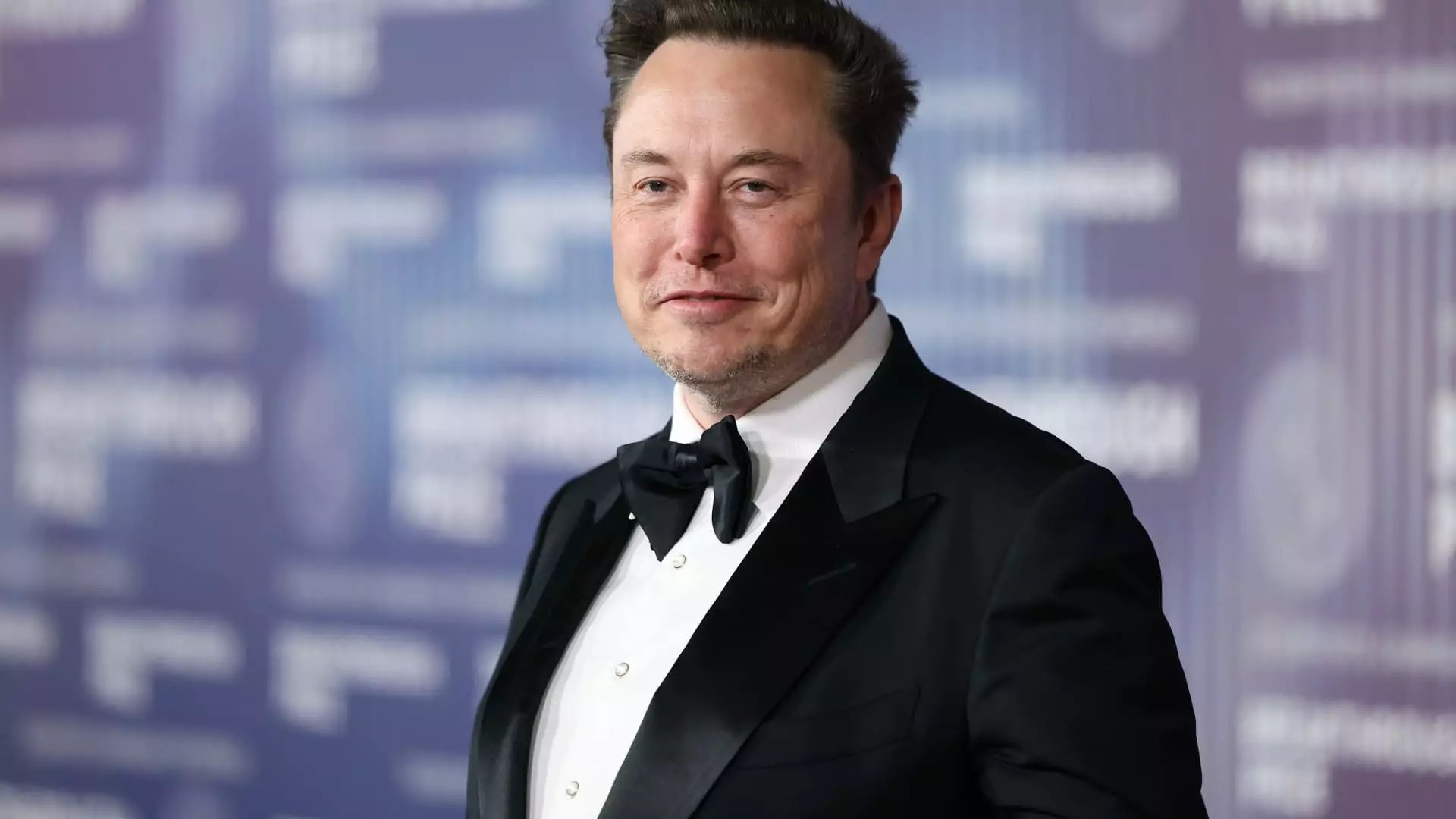The political landscape can often be influenced by high-profile endorsements, especially when they come from entrepreneurs and business leaders like Elon Musk. On a recent Saturday, Musk took to X to advocate for his choice of Treasury secretary for President-elect Donald Trump. This position remains unfilled, and Musk’s input comes at a critical juncture as Trump prepares to establish his cabinet. His endorsement of Howard Lutnick, a prominent figure in finance and business, suggests that Musk aims for someone who can bring about tangible change in the economic realm.
Musk’s post highlighted two frontrunners: Howard Lutnick and Scott Bessent. Lutnick, who serves as the CEO of Cantor Fitzgerald, carries extensive experience that could lend itself well to the Treasury Department. Conversely, Musk expressed reservations about Bessent, noting that he represents a “business-as-usual” approach that could hinder the radical change he believes is essential for America. This differentiation reveals Musk’s desire for transformative leadership, a perspective that crosses the boundaries of his technological enterprises and ventures into the political sphere.
Musk’s critique of Bessent raises important questions regarding the future economic strategies of the Republican administration. His assertion that the “business-as-usual” mentality is detrimental to the nation’s financial health indicates a growing sentiment among some business leaders that new paradigms are necessary to navigate current challenges. By advocating for Lutnick, Musk is effectively calling for a shift away from traditional economic practices towards innovative strategies that could potentially redefine fiscal policy in the U.S.
The reaction from Trump’s transition team, through spokesperson Karoline Leavitt, underscores the ongoing deliberations surrounding the cabinet picks. Her statement confirmed that no decisions have yet been solidified regarding the Treasury secretary position. This highlights a significant political nuance: while endorsements from influential figures like Musk can sway public opinion, the ultimate decision lies within the president-elect’s circle.
Both Lutnick and Bessent have established ties to Trump, which could play a pivotal role in their candidacies. Lutnick’s long-standing relationship with Trump and his involvement in fundraising activities are noteworthy, as they highlight the interplay of personal networks in political appointments. Meanwhile, Bessent’s role as an economic advisor during Trump’s campaign indicates his alignment with the administration’s previous financial strategies. The support of figures like Republican Senator Lindsey Graham for Bessent further complicates the narrative and suggests intra-party dynamics that could influence the final decision.
Elon Musk’s endorsement of Howard Lutnick for Treasury secretary reflects a desire for innovative change in economic policy. As Trump continues to navigate his cabinet selections, the influence of business leaders and their endorsements will likely play a critical role in shaping the administration’s approach to fiscal matters. The juxtaposition of Lutnick’s potential for change and Bessent’s traditionalism reveals deeper tensions within the economic philosophies that will guide the next administration. As discussions unfold, the political and economic impact of these choices will resonate throughout the nation.


Leave a Reply